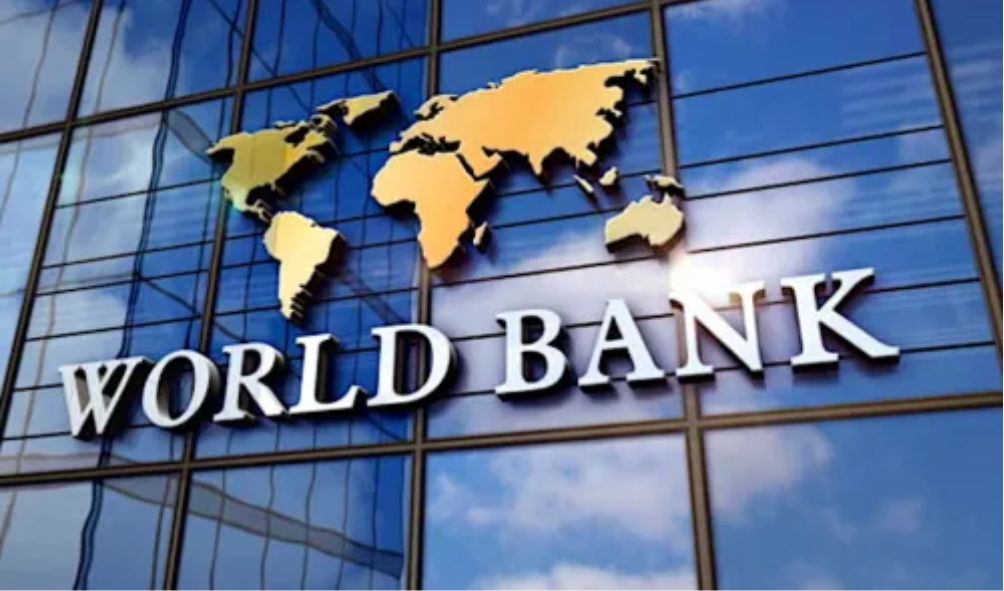World Bank warns Kenya against tax increase with looming low households’ purchasing power.

World Bank warns Kenya against tax increase with looming low households’ purchasing power.
The World Bank has warned Kenya against tax increases in the coming fiscal year, saying it may end up slowing down economic activity and growth.
In its latest Kenya Economic Update (KEU), the bank said at the current rates, tax revenues have already recorded modest growth, but at the expense of economic activity, resulting in “sluggish growth in employment and household consumption”.
The lender said the ongoing tax reforms, coupled with the already high electricity tariffs and tight monetary policy, will dampen private consumption – which is the main driver of domestic demand in Kenya.
A slowdown in domestic demand will mean the government will collect less revenue from value-added taxes (VAT) and income tax, which currently account for about 76 percent of all ordinary revenues in the country.
The warning by the World Bank comes after it supported Finance Act 2023 which proposes a myriad of tax increments and new taxes in efforts to increase revenue collection and contain fiscal deficit.
At the current trajectory, without any disruptions, World Bank expects Kenya’s GDP to grow at five percent, 0.2 percentage points higher than last year’s increase, signaling an economic rebound to pre-pandemic levels.
It also anticipates that inflation will stabilize at 7.8 percent, before dropping to 5.8 percent next year, while the current account deficit will slim by 0.1 percent on increased exports.
“The purchasing power of households in the medium term will be negatively affected by the proposed tax measures in the Finance Bill 2023,” the World Bank has said.
This is likely to add to the current inflationary pressures owing to an increase in prices of basic commodities, especially food, and fuel.
It also signals tougher times ahead for businesses dealing with reduced demand on account of the high cost of goods.
In its 27th Kenya Economic Update, the bank said the tax reforms, including raising value-added tax (VAT) on fuel from eight to the standard 16 percent, will dampen growth in the near term.
“Private consumption is expected to remain on a robust growth path, although it will be dampened in the near term by ongoing tax reforms to boost revenue and sustain fiscal consolidation,” said the bank.
The report, which is produced twice a year, assesses recent economic and social developments and prospects in the country.
This growth, however, is likely to be dampened by the proposed taxes, which will eat into the disposable income of most Kenyans, especially those in formal employment.
The government has introduced sweeping tax measures aimed at helping Kenya reduce its borrowing, with the risk of debt distress rising to high from moderate.
“The fiscal consolidation that the government is planning is crucial. It is important for Kenya to generate the surplus that it is planning,” said Aghassi Mkrtchyan, a senior economist at the World Bank.
Kenya’s decision to increase the tax revenue has been hailed by the International Monetary Fund (IMF), with the country being rewarded with an additional Ksh162.5 billion under the 38-month programme.
“The authorities have responded promptly to the challenges,” said Haimanot Teferra who led the IMF mission to Kenya.
Teferra added: “On the fiscal side, government spending execution has been prudent this fiscal year, consistent with available resources.”
World Bank warns Kenya against tax increase with looming low households’ purchasing power.





